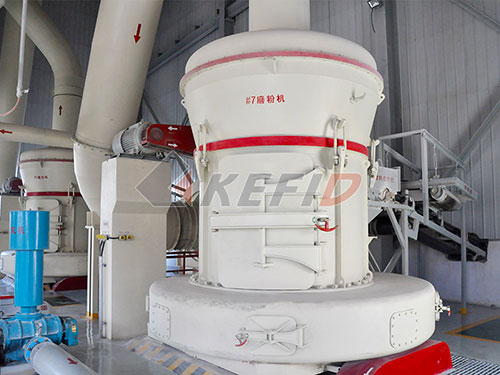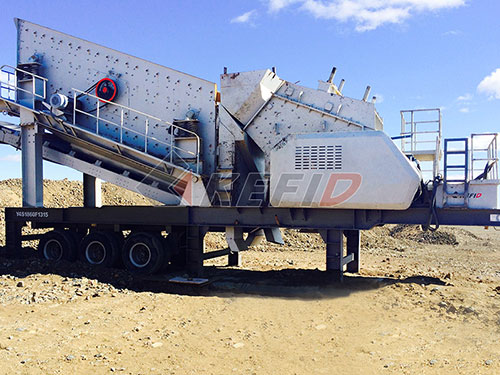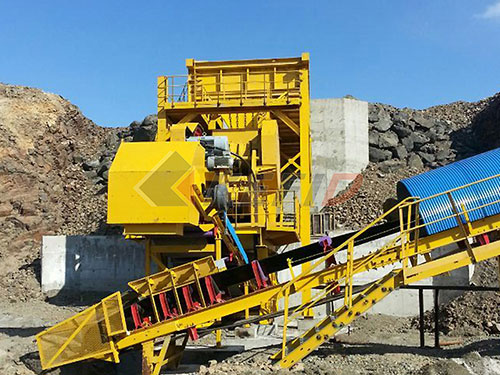Crushed Stone Production in Venezuela: A Vital Industry Under Immense Strain
Crushed stone, the indispensable aggregate forming the bedrock of modern infrastructure and construction, plays a crucial yet often overlooked role in Venezuela’s development and survival. Its production, however, mirrors the nation’s broader economic and political turmoil – an industry vital for rebuilding yet crippled by systemic challenges.

The Engine of Construction: Why Crushed Stone Matters
In Venezuela, as globally, crushed stone is fundamental:
Infrastructure: Essential for road bases, asphalt concrete, railway ballast, and concrete foundations for bridges and buildings.
Construction: A primary component in ready-mix concrete for residential and commercial structures.
Industrial Applications: Used in cement manufacturing (as a raw material), filtration systems, and agricultural lime.
Flood Control & Erosion Prevention: Critical for riprap protecting riverbanks and shorelines.
Production typically involves quarrying hard rock formations (like granite, limestone, or basalt), followed by drilling, blasting (where necessary), primary crushing into larger fragments using jaw crushers or gyratory crushers, secondary/tertiary crushing to achieve desired sizes using cone or impact crushers, screening to separate sizes (e.g., coarse aggregate for concrete vs. fine aggregate for asphalt), and finally washing to remove dust and impurities before stockpiling.
The Venezuelan Reality: Production Under Duress
While Venezuela possesses abundant geological resources suitable for crushed stone production (granitic belts in Guayana Shield regions like Bolívar state; limestone deposits near Lake Maracaibo; volcanic rocks in the Andes), translating potential into consistent output faces severe hurdles:
1. Chronic Economic Crisis & Hyperinflation:
Investment Collapse: Sustained hyperinflation makes long-term investment in new quarries or modernizing crushing/screening equipment virtually impossible.
Operating Costs Skyrocket: Costs of fuel (critical for heavy machinery and transport), electricity (for crushing plants), spare parts, explosives (for blasting), and labor become prohibitively expensive and unpredictable.
Pricing Distortions: Government price controls often fail to reflect real production costs or hyperinflation rates.

2. Devastating Infrastructure Collapse:
Power Grid Failures: Frequent nationwide blackouts paralyze crushing plants reliant on electricity.
Fuel Shortages: Scarcity of diesel halts quarry operations and transportation of raw materials/finished products.

Leave a Reply